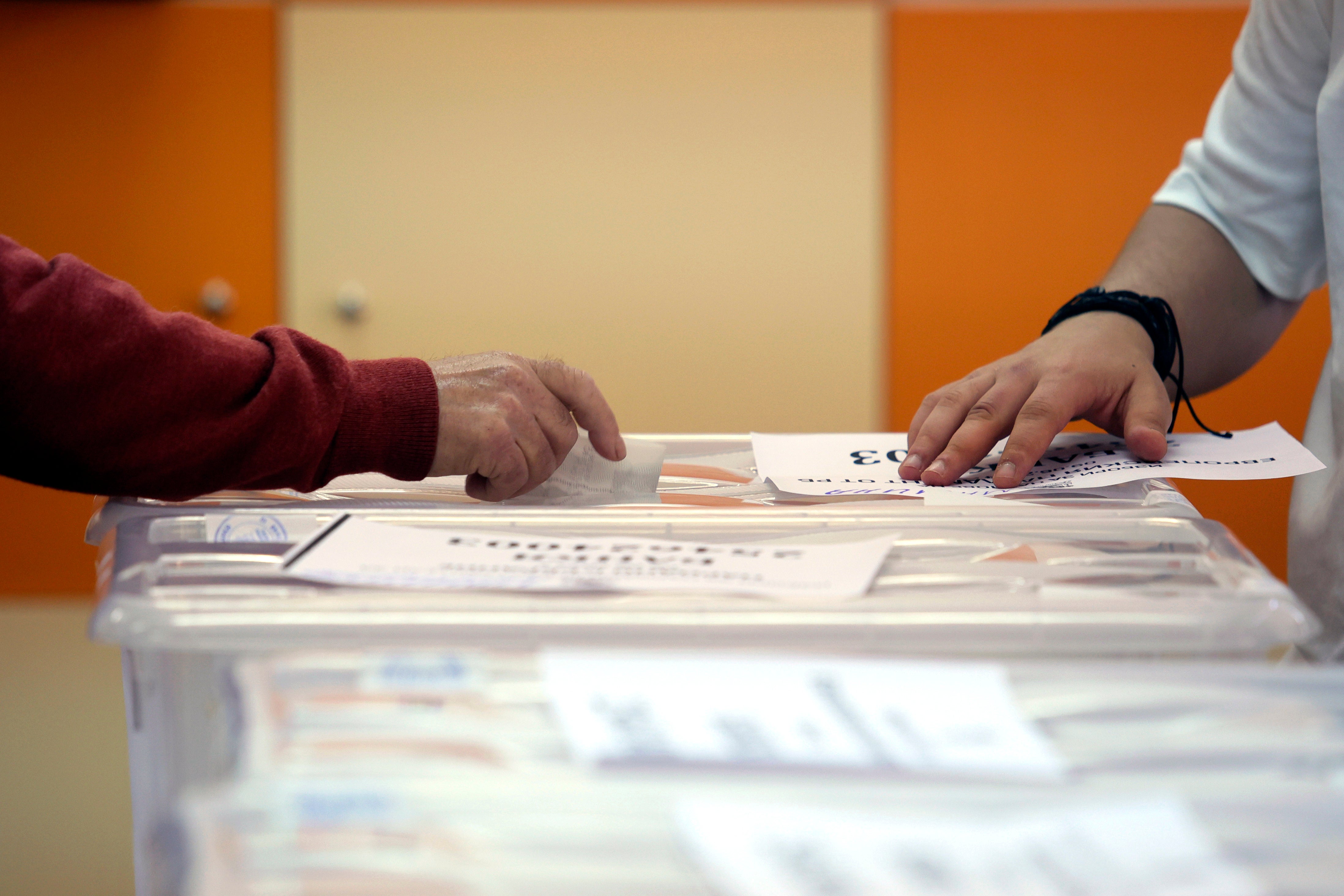Vote-weary Bulgarians face a seventh general election in just over 3 years
Bulgarians will cast ballots on Sunday in the seventh general elections in just over three years as their country faces growing political instability that might further enhance the popularity of pro-Russian and far-right groups

Bulgarians will cast ballots on Sunday in the seventh general elections in just over three years as the country faces growing political instability that might further enhance the popularity of pro-Russian and far-right groups.
Of the six elections since 2021, only two have produced an elected government, but both coalitions collapsed after trying to introduce reforms, take on graft, and reduce reliance on Russia.
There was no clear winner in the latest vote, held in June, and the seven groups elected to the fragmented legislature were unable to put together a viable coalition. Observers suggest that the coming vote will produce more of the same and that chances for an immediate end of the political stalemate are low.
Pollsters predict that voter fatigue and disillusionment with the political system will result in low turnout and another fractured parliament where populist and pro-Russian groups could increase their representation.
A record low turnout is expected and at the same time a high number of votes which have not been cast freely, said prominent analyst Stoyana Georgieva. These include instances where parties have paid for votes in cash but also where local authorities or corporations have put pressure on voters to cast their ballots in a certain way.
Georgieva said it was possible that the main pro-Russia party in Bulgaria, Vazrazhdane, would emerge as the second-largest group in parliament. The far-right, ultra-nationalist and populist party demands that Bulgaria lift sanctions against Russia, stop helping Ukraine, and hold a referendum on its membership in NATO.
The Balkan country of 6.7 million has been gripped by political instability since 2020, when nationwide protests erupted against corrupt politicians that had allowed oligarchs to take control of state institutions.
Bulgaria is one of the poorest and most corrupt European Union member states. Attempts to fight graft are an uphill battle against an unreformed judiciary widely accused of serving the interests of politicians.
Georgieva said she does not expect the next parliament to produce a widely acceptable compromise. “At best, it could be a compromise on the edge of the least evil in Bulgaria. In this turbulent situation in the region — with the war in Ukraine, the war in the Middle East — both conflicts are very close to Bulgaria and Bulgaria is very vulnerable,” she told The Associated Press.
According to Georgieva, three main groups of parties will enter the next Parliament. “The first group are the kleptocratic parties led by the until recently ruling GERB, which is also the first political force whose leader and former prime minister is responsible for the implementation of a corrupt model in Bulgaria,” Georgieva said referring to former Prime Minister Boyko Borissov.
“The second group … are parties that in some honest way try to defend the causes of justice and liberal democracy; and a third group of parties that are openly pro-Putin.”
It is very likely, said Georgieva, that after these elections some kind of government will be formed between the democrats and the kleptocratic parties that still hold pro-European and pro-Ukraine positions.
While the successive elections since 2020 have produced broadly similar results, the current election will add some changes to the political landscape. Two of the oldest parties — the Socialists and the Movement for Rights and Freedoms — have been seriously shaken by internal conflicts.
The MRF, which traditionally represented the ethnic Turkish vote, recently split into two rival factions, one around party founder Ahmed Dogan, and the other behind U.S.-sanctioned businessman and media tycoon Delyan Peevski.
Bookmark popover
Removed from bookmarks